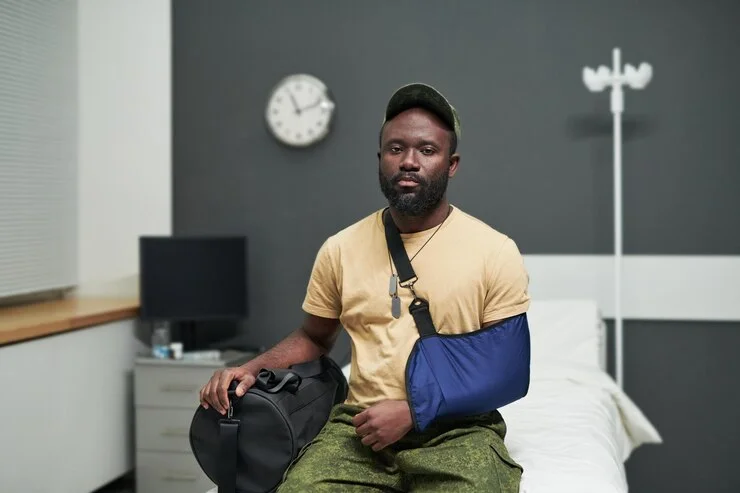Accidents can happen anytime, anywhere — and when they do, the consequences can be life-altering. Whether it’s a car crash, a slip and fall, a workplace injury, or medical negligence, victims often face not just physical pain but emotional and financial burdens as well. This is where an injury lawyer plays a crucial role.
Who is an Injury Lawyer?
An injury lawyer, also known as a personal injury attorney, is a legal professional who specializes in helping individuals who have been harmed due to the negligence or wrongful actions of another person, company, or organization. Their goal is to ensure that victims receive fair compensation for their injuries and related losses.
Types of Cases They Handle
Injury lawyers deal with a wide variety of cases, including but not limited to:
- Auto accidents (car, motorcycle, truck)
- Workplace injuries
- Slip and fall incidents
- Medical malpractice
- Product liability
- Wrongful death
Each case is unique, and a skilled injury lawyer understands how to tailor their approach based on the specific circumstances of the injury.
Why You Need an Injury Lawyer
When you’re injured, dealing with insurance companies, medical bills, and legal procedures can be overwhelming. An injury lawyer can:
- Evaluate your case to determine if you have a valid claim
- Gather evidence such as medical records, witness statements, and accident reports
- Negotiate with insurance companies to maximize your settlement
- Represent you in court if the case goes to trial
- Ensure your legal rights are protected at every stage
How Compensation is Calculated
Compensation in personal injury cases typically covers:
- Medical expenses (past, current, and future)
- Lost income or reduced earning capacity
- Pain and suffering
- Emotional distress
- Property damage
- In severe cases, punitive damages
Choosing the Right Injury Lawyer
Finding the right lawyer can make all the difference in the outcome of your case. Look for someone who:
- Has experience with cases similar to yours
- Communicates clearly and regularly
- Works on a contingency fee basis (they get paid only if you win)
Has a strong track record of successful settlements or verdicts

